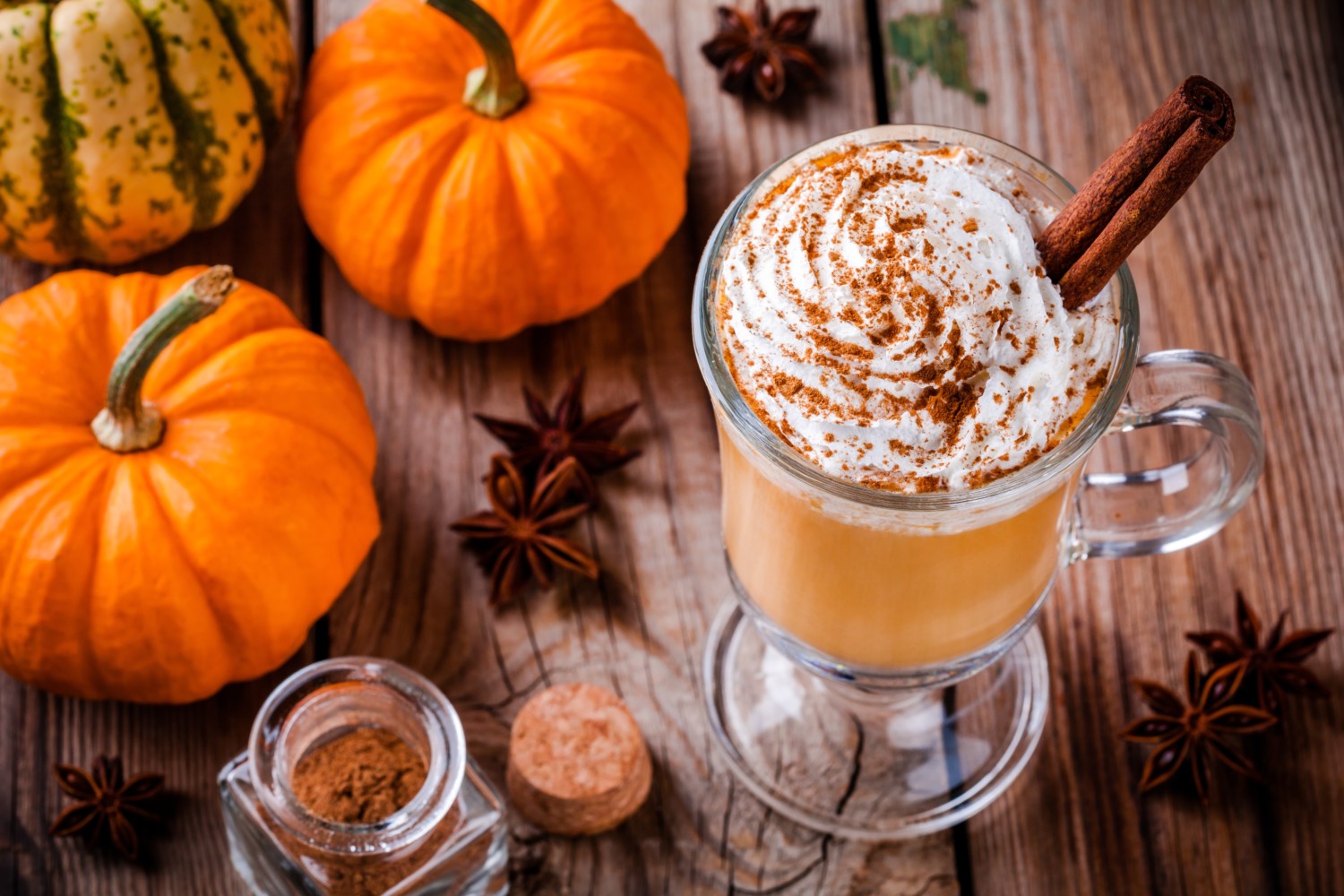Many people think of the English language as something set in stone. From the time we’re babies, we hear it. When we start school, we receive at least 12 years of education about its structure and meaning. But our language evolves as our culture changes, and the Merriam-Webster Dictionary takes on the task to document those changes.
Merriam-Webster Dictionary, which has been around since 1828, recently added 370 new words to the dictionary that reflect all areas of our language. For the month of September, it seemed only fitting that one of the newly accepted words in the dictionary is “pumpkin spice.”

For the record, the new official dictionary definition of pumpkin spice is “a mixture of usually cinnamon, nutmeg, clover, ginger, cloves, and often allspice that is commonly used in pumpkin pie.”
Another food-related term that has transitioned from trendy to officially listed in the dictionary is “plant-based.” This compound adjective has two documented definitions: “1. made or derived from plants, and 2. consisting primarily or entire of food (such as vegetables, fruits, nuts, oils, and beans.)”
New Health-Related Words
COVID-19 continues to affect the population from both a health standpoint and even our vocabulary. Five new words that have become commonplace over the past few years have now joined the official ranks of dictionary listings, including:
- booster dose
- emergency use authorization
- false negative
- false positive
- subvariant

Another word for the times, “shrinkflation,” also made the list of new entries. Shrinkflation might be familiar to anyone who has noticed they’re paying more to get less lately. Merriam-Webster defines shrinkflation as “the practice of reducing a product’s amount or volume per unit while continuing to offer it at the same price.”
Slang Words In The Dictionary
Contrary to popular belief, slang words and informal language do have a place in the dictionary. In its announcement about the new words added for September, Merriam-Webster officials explained that “words in this category have traditionally taken longer to meet our criteria, but that timeline is getting shorter as the internet accelerates the adoption of formal language.”
The top slang term listed by Merriam-Webster in its newest listings is “yeet.” The word has two meanings. First, yeet can be an interjection used “to express surprise, approval, or excited enthusiasm.” Or, yeet can be used as a verb meaning to throw with exceptional force and “without regard for the thing being thrown.”
Other popular culture terms included in this month’s entries include:
- janky: of very poor quality
- sus: slang for suspicious
- adorkable: socially awkward or quirky in a way that is endearing
- MacGyver (as a verb, not the TV show): to make, form, or repair (something) with what is conveniently on hand
- cringe: so embarrassing, awkward, etc. as to cause one to cringe
- and FWIW (for what it’s worth)

How Does A Word Make It Into The Dictionary?
With so many words in our language, how do certain ones make the cut for inclusion in the Merriam-Webster Dictionary? The criteria center around how often a word is used, where it’s used, and how long it has been part of our culture.
“To be included in a Merriam-Webster dictionary, a word must be used in a substantial number of citations that come from a wide range of publications over a considerable period of time,” according to the publication’s frequently asked questions page. “Specifically, the word must have enough citations to allow accurate judgments about its establishment, currency, and meaning.”
In other words, a word can’t simply just be trending for a short while and instantly become part of the dictionary. It needs to have roots in our daily lives and show some staying power that proves its worthiness for publication.
You can see an extended list of the new additions at M-W here.
This story originally appeared on Simplemost. Checkout Simplemost for additional stories.


